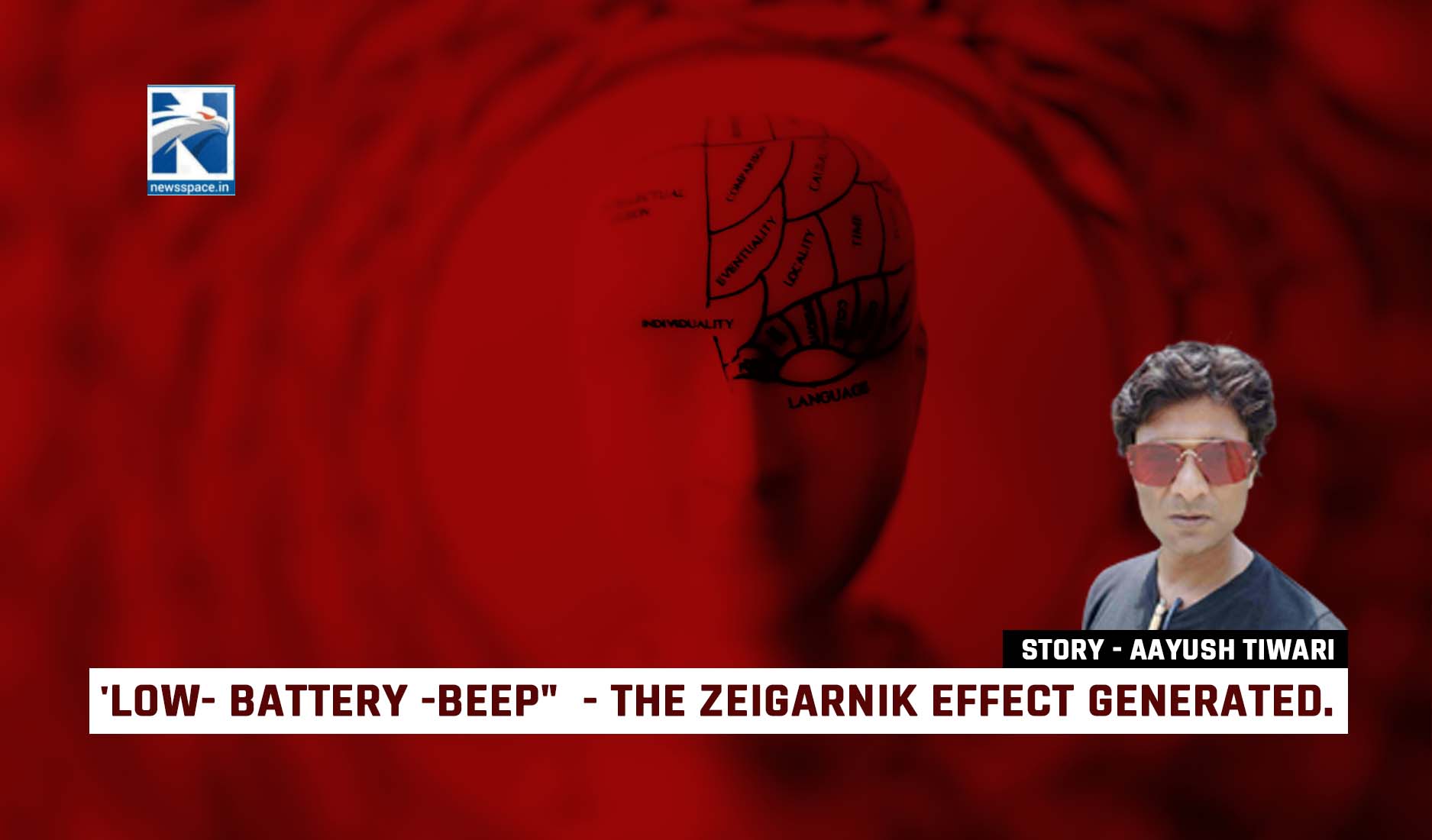
These incomplete assignments those office targets not hit, and this ‘necessary-evil’ that keeps beating the hell out of us is on it’s best. If you have ever noticed how incomplete tasks and thoughts related to them seem to linger in your mind, even when you’re not actively working on them then you must know this phenomenon is known as the Zeigarnik effect. It has intrigued psychologists for decades. Understanding the Zeigarnik effect can provide valuable insights into our daily counter – stress tactics, inner motivation, productivity, and overall mental balance.
To understand the Zeigarnik effect, let’s go back to the 1920s when Russian psychologist Bluma Zeigarnik first observed it. Zeigarnik noticed that waiters seemed to remember unfinished orders more easily than completed ones. This curiosity led her to conduct a series of experiments, which revealed that unfinished tasks create a state of tension and cognitive dissonance, making them more memorable and harder to forget.
The Zeigarnik effect can be explained by the concept of “open loops.” When we start a task, our brain opens a mental loop to keep it active until we complete it. These open loops create a sense of cognitive tension, as our minds are naturally driven to seek closure. Until we finish the task, our attention remains fixated on it, making it mentally “unresolved.” This can therefore be a metabolical , scientific impatience and obviously daily we keep on toiling to foster patience and perseverance within. Therefore an unavoidable friction of our mental conditionings against this Ziegarnic effect can cause a lot of wear and tear of the supercomputer above the forehead.
You might be wondering, why does this matter? Well, the Zeigarnik effect has implications for our ability to focus, our motivation, and our overall productivity. By understanding how the mind responds to unfinished tasks, we can leverage this psychological phenomenon to our advantage. One way to harness the power of the Zeigarnik effect is by using it as a motivational tool. Breaking larger tasks down into smaller, manageable sub-tasks can create a series of mini “open loops” that keep our attention engaged and motivated. By ticking off these smaller tasks, we experience a sense of progress and achievement, reinforcing our motivation to continue.
Furthermore, the Zeigarnik effect highlights the importance of proper task management. When our minds are cluttered with unfinished tasks, it becomes challenging to focus on the present moment. The mental weight of unresolved obligations can lead to stress, anxiety, and decreased cognitive performance. By actively prioritizing and completing tasks, we can free up mental space and enhance our ability to concentrate and be present in the moment.
On the flip side, the Zeigarnik effect also provides an understanding of why it can be so difficult to let go of unfinished tasks or thoughts. Have you ever found yourself lying in bed, unable to sleep, because your mind keeps replaying unfinished conversations or unresolved issues? This is the Zeigarnik effect at its best. The best way to address this is by intentionally creating closure. And here is the point where creative writing and brain mapping play an extremely crucial role
Writing down unresolved thoughts, making a to-do list for the next day, or discussing unresolved issues with a trusted friend or therapist can help alleviate the cognitive tension and allow our minds to find closure.
In today’s fast-paced world, our attention is constantly being pulled in multiple directions. This effect reminds us of the importance of intentional focus, task management, and finding closure. By understanding how our minds are wired to respond to unfinished tasks, we can optimize our productivity, improve our mental well-being, and create a sense of accomplishment by not letting the inner guilt enter in.
So, the next time you find yourself fixated on an unfinished task or thought, remember the Zeigarnik effect and rule out self condemnation before it dominates. Embrace it as a tool to motivate and inspire action, but also be mindful of the need to prioritize, complete tasks, and find closure. By mastering the Zeigarnik effect, we can enhance our cognitive abilities, boost productivity, and strive for a more balanced and fulfilling life.





